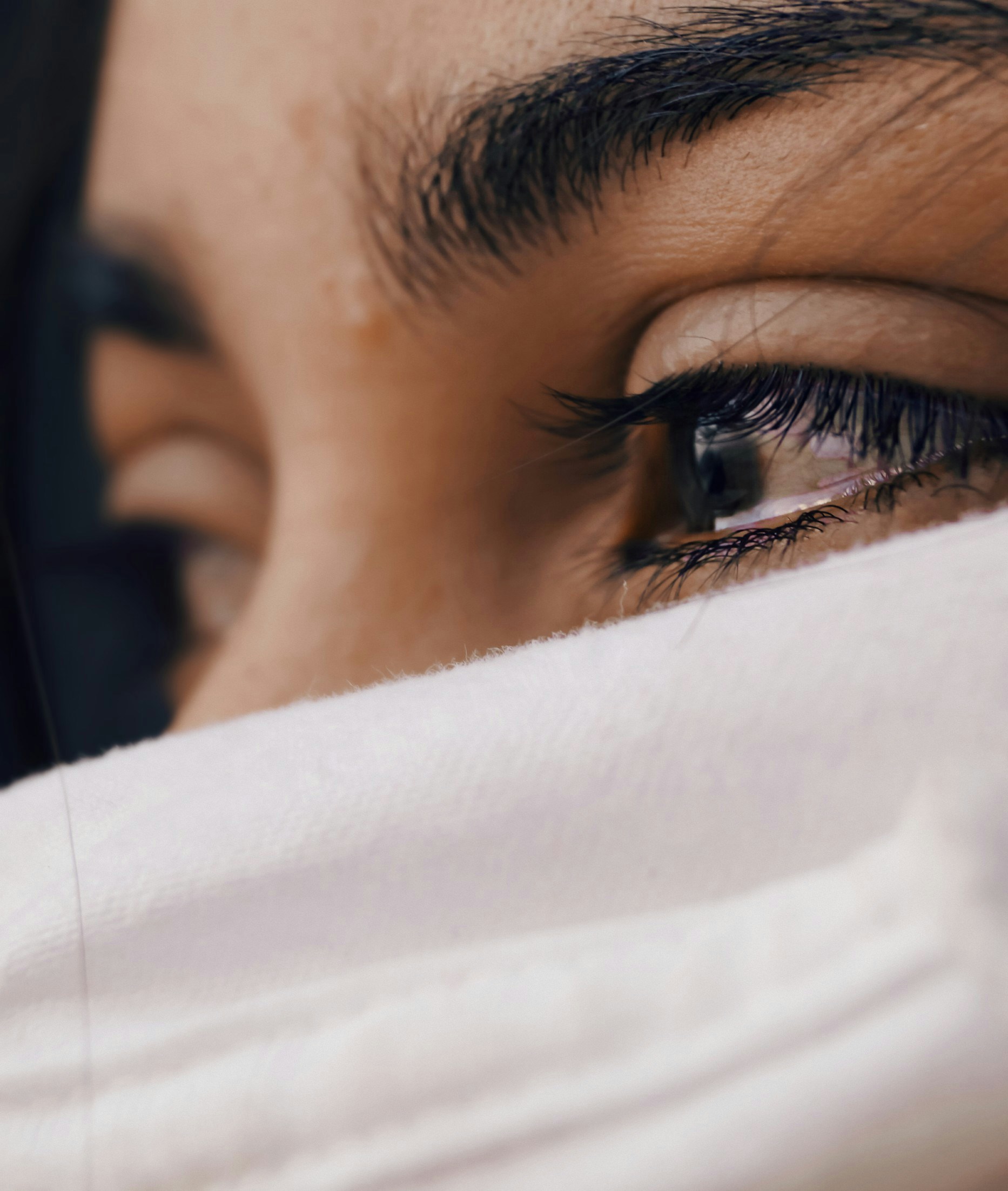
Survivors of rape often face a long and arduous journey toward healing and recovery, navigating a myriad of physical, emotional, and social challenges in the aftermath of such a traumatic experience. Understanding the complexities of their experiences and the obstacles they encounter is crucial in providing support and fostering resilience.
Physical and Emotional Trauma:

The physical and emotional trauma resulting from rape can be profound and long-lasting. Survivors may experience a range of physical injuries, including bruising, lacerations, and internal trauma, which can necessitate medical treatment and ongoing care. Additionally, the psychological impact of rape can manifest in symptoms such as PTSD, anxiety, depression, and suicidal ideation, requiring specialized mental health support and therapy.
Social Stigma and Victim-Blaming:

One of the most daunting challenges faced by survivors is the social stigma and victim-blaming attitudes that pervade society. Survivors may encounter scepticism, disbelief, or blame from friends, family members, or even law enforcement officials, exacerbating feelings of shame, self-doubt, and isolation. This societal response can further traumatize survivors and deter them from seeking help or reporting the assault.
Navigating the Legal System:
For many survivors, navigating the legal system in pursuit of justice can be a daunting and often retraumatizing process. From reporting the assault to participating in investigations and court proceedings, survivors may face numerous obstacles, including insensitive questioning, lengthy delays, and the risk of retribution from their perpetrators. The low rates of conviction and the prevalence of lenient sentencing for rapists further compound survivors’ disillusionment with the legal system.
Impact on Relationships and Daily Life:

The aftermath of rape can profoundly affect survivors’ relationships, intimacy, and sense of safety in the world. Many survivors struggle with trust issues, intimacy issues, and difficulty forming new relationships or maintaining existing ones. The fear of encountering triggers or reminders of the assault can disrupt survivors’ daily lives, leading to social withdrawal, avoidance behaviors, and challenges in work or academic settings.
Seeking Support and Healing:

Despite the myriad challenges they face, survivors of rape demonstrate remarkable resilience and courage in their journey toward healing and recovery. Seeking support from trusted friends, family members, or support groups can provide survivors with validation, empathy, and a sense of solidarity. Professional therapy, counseling, or support services tailored to survivors’ needs can also play a crucial role in promoting healing and empowering survivors to reclaim their lives.
Conclusion:
The aftermath of rape is a complex and multifaceted experience that profoundly impacts survivors’ physical, emotional, and social well-being. By understanding the challenges faced by survivors and providing them with compassionate support, resources, and advocacy, we can help facilitate their journey toward healing, resilience, and empowerment. It is essential to challenge societal attitudes and systems that perpetuate victim-blaming and stigma, and to create a culture of empathy, respect, and justice for all survivors of sexual violence.
Thank you for your sharing. I am worried that I lack creative ideas. It is your article that makes me full of hope. Thank you. But, I have a question, can you help me?